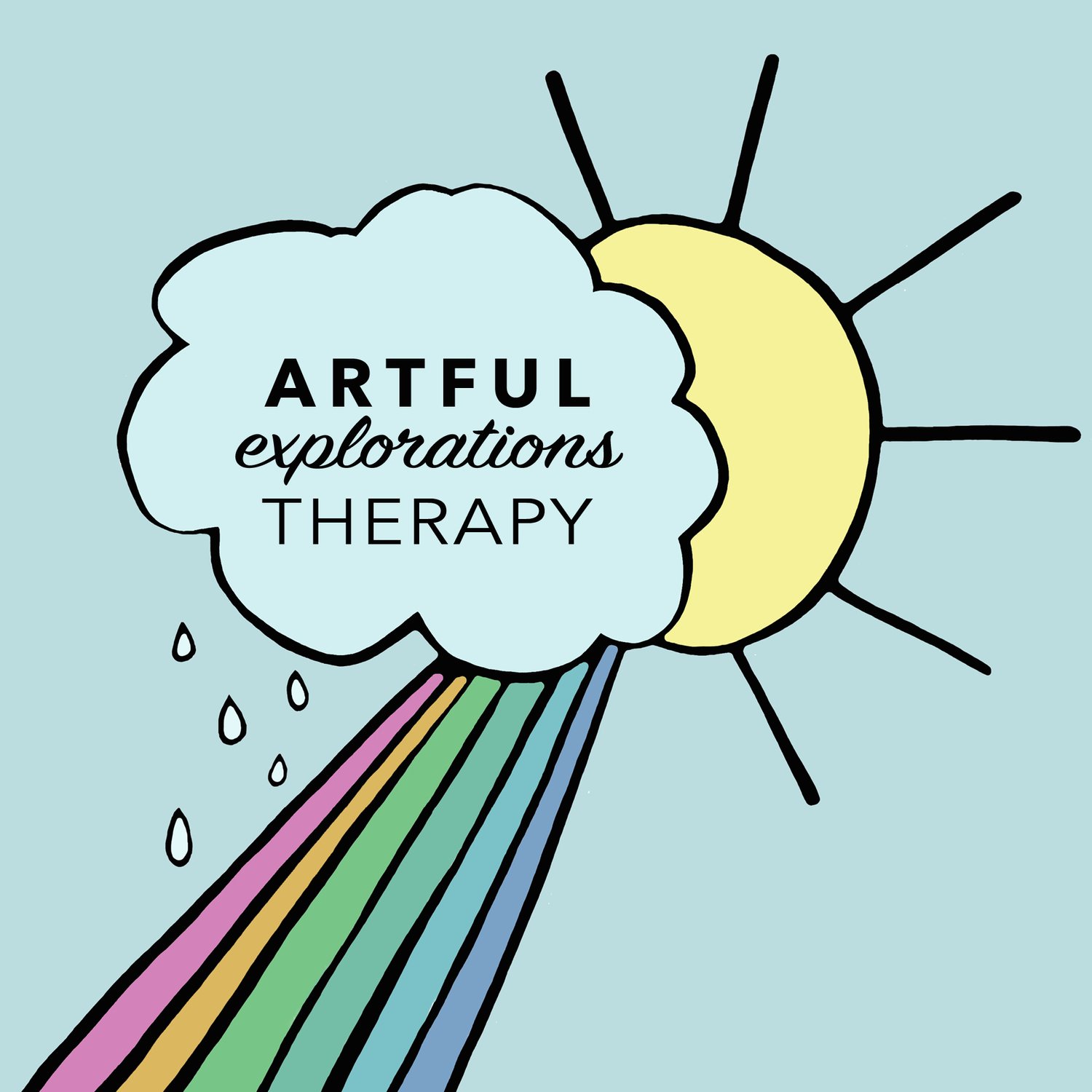Expanding Professional Offerings: ERP Therapy for OCD and Anxiety Disorders
Laura Hetzel of Artful Explorations Therapy now offers Exposure and Response Prevention (ERP) therapy for the treatment of OCD and anxiety disorders. ERP is an evidence-based therapeutic treatment that works to manage the symptoms of OCD by helping individuals and their families to disengage from the cycle of obsessions and compulsions and reclaim their lives.
Hello, Laura Hetzel here, and I’m excited to share an update regarding the services I offer. I am now trained in Exposure and Response Prevention (ERP) therapy for the treatment of OCD and anxiety disorders. ERP is an evidence-based therapeutic treatment that works to manage the symptoms of OCD by helping individuals and their families to disengage from the cycle of obsessions and compulsions and reclaim their lives. Read on to learn more about ERP therapy and how to recognize common OCD symptoms in yourself or your child.
What is ERP Therapy?
ERP (sometimes called ExRP) is a highly effective, evidence-based treatment specifically designed to help individuals manage symptoms of Obsessive-Compulsive Disorder (OCD) and anxiety disorders. It is considered the gold standard treatment for OCD, focusing on breaking the cycle of obsessions (intrusive, unwanted thoughts) and compulsions (ritualistic behaviors).
The core principle behind ERP is gradually confronting fears without engaging in compulsions. Over time, this reduces the power of the obsessive thoughts and reduces the need for compulsive rituals.
Whether for a child struggling to manage fears or an adult trying to regain control of their life, ERP can provide significant relief. By using this structured, gradual exposure technique, individuals can rewire their brains to respond more appropriately to triggers.
Some Common Signs of OCD
Intrusive Thoughts: These are unwanted, distressing thoughts that are hard to shake, like fears of harming someone, fear of being a bad person, or of things being “wrong." These thoughts are repetitive and come back again and again despite efforts to stop them. Some common themes of intrusive thoughts can include excessive fear of dirt or germs or of being responsible for harming someone.
Compulsive Behaviors or “rituals”: These are repetitive actions you feel you must do, like washing your hands multiple times or checking the locks over and over, in order to ease anxiety. Other examples might be: ensuring things are “just right,” counting in certain patterns, reviewing mental lists, ruminating, or checking for mistakes over and over again. These behaviors are usually time consuming. For instance, you might spend hours a day arranging items, reviewing social interactions in your head, or asking reassuring questions over and over again, even though you’ve already checked multiple times.
Despite recognizing that these thoughts and behaviors might be irrational or excessive, someone with OCD usually feels powerless to stop them. OCD can be scary, confusing, and frustrating.
For Parents: Potential Signs of Pediatric OCD in Your Child
Parents may notice signs of OCD in their children if they become unusually fixated on certain thoughts or fears, such as a fear of germs, fear of harm coming to themselves or loved ones, or needing things to be "just right.” Children might show distress when things are not in a specific order or may engage in repetitive behaviors like washing hands repeatedly, checking if a door is locked, or avoiding certain situations, people, or places. OCD can also show up as resistance to change, an intense need for routine, unexpected big reactions and irritability, or seeking constant reassurance from parents (such as through frequently repeated questions). Families often find themselves living their lives differently than they would like to in order to try and ease their child’s distress. If your child’s behaviors are taking up a lot of time, appear excessive, or are causing significant distress, it’s a good idea to reach out to a professional for guidance and support. Together, we can assess for the presence of OCD and its severity and develop a plan for your child’s treatment.
OCD looks a little different in everyone, but, with the right treatment, it is manageable. Contact Artful Explorations Therapy today if you think ERP treatment might benefit you or your child.


